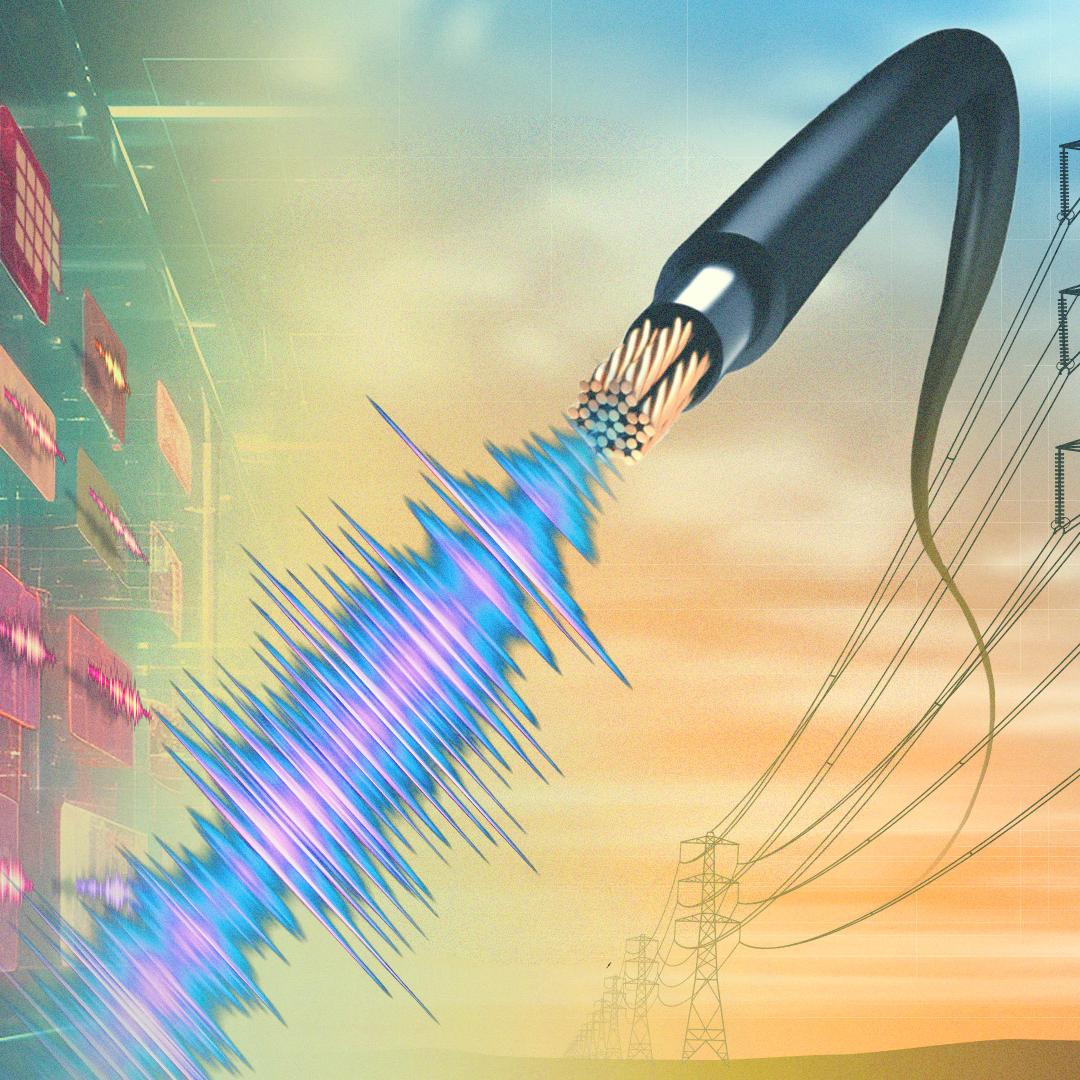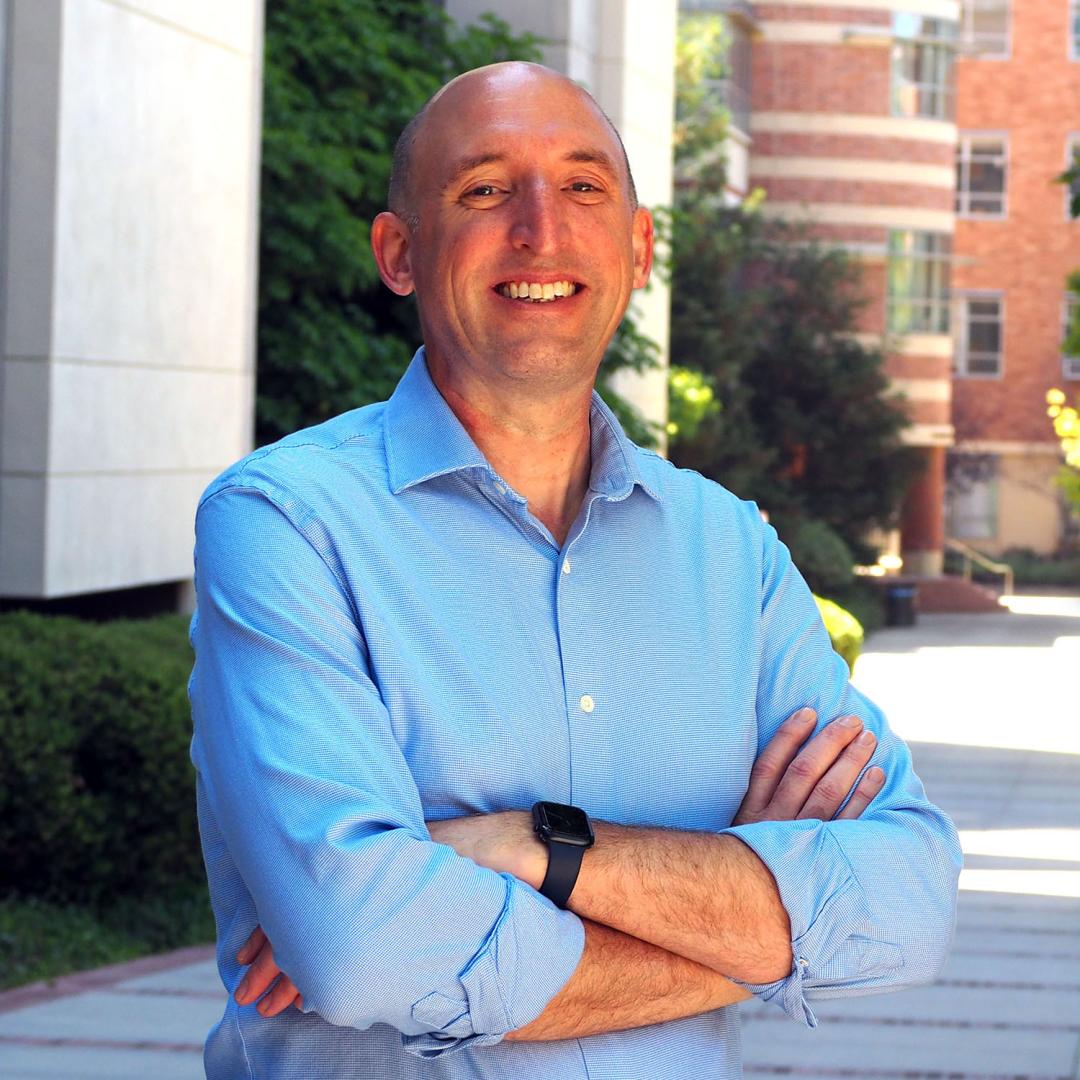
Filter News
Area of Research
News Type
News Topics
- (-) Advanced Reactors (8)
- (-) Biology (13)
- (-) Composites (2)
- (-) Cybersecurity (3)
- (-) Grid (8)
- (-) Materials Science (31)
- (-) Nanotechnology (11)
- (-) Quantum Science (20)
- (-) Security (4)
- (-) Summit (11)
- 3-D Printing/Advanced Manufacturing (29)
- Artificial Intelligence (23)
- Big Data (14)
- Bioenergy (15)
- Biomedical (15)
- Biotechnology (4)
- Buildings (9)
- Chemical Sciences (11)
- Clean Water (2)
- Climate Change (13)
- Computer Science (43)
- Coronavirus (12)
- Critical Materials (1)
- Decarbonization (14)
- Education (1)
- Emergency (1)
- Energy Storage (13)
- Environment (29)
- Exascale Computing (8)
- Fossil Energy (2)
- Frontier (6)
- Fusion (17)
- High-Performance Computing (13)
- Isotopes (15)
- Machine Learning (8)
- Materials (13)
- Mathematics (4)
- Mercury (1)
- Microscopy (6)
- Molten Salt (1)
- National Security (14)
- Net Zero (4)
- Neutron Science (22)
- Nuclear Energy (29)
- Partnerships (11)
- Physics (14)
- Polymers (4)
- Quantum Computing (9)
- Simulation (10)
- Space Exploration (4)
- Statistics (1)
- Sustainable Energy (19)
- Transformational Challenge Reactor (3)
- Transportation (14)
Media Contacts
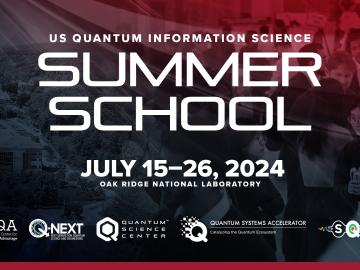
From July 15 to 26, 2024, the Department of Energy’s Oak Ridge National Laboratory will host the second U.S. Quantum Information Science, or QIS, Summer School.
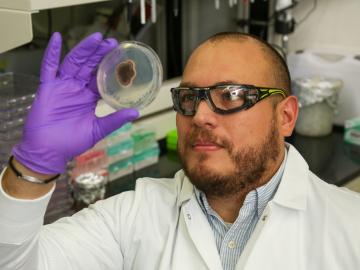
New computational framework speeds discovery of fungal metabolites, key to plant health and used in drug therapies and for other uses.
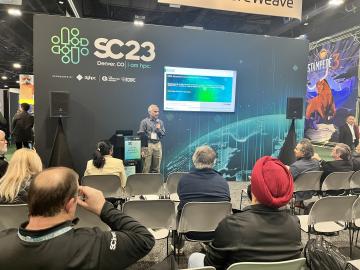
ORNL’s successes in QIS and its forward-looking strategy were recently recognized in the form of three funding awards that will help ensure the laboratory remains a leader in advancing quantum computers and networks.
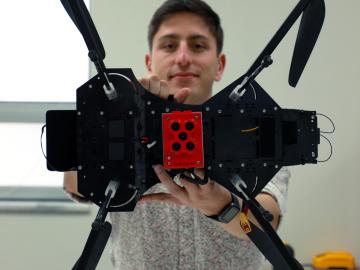
Jack Orebaugh, a forensic anthropology major at the University of Tennessee, Knoxville, has a big heart for families with missing loved ones. When someone disappears in an area of dense vegetation, search and recovery efforts can be difficult, especially when a missing person’s last location is unknown. Recognizing the agony of not knowing what happened to a family or friend, Orebaugh decided to use his internship at the Department of Energy’s Oak Ridge National Laboratory to find better ways to search for lost and deceased people using cameras and drones.
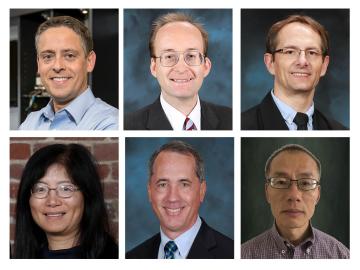
Six scientists at the Department of Energy’s Oak Ridge National Laboratory were named Battelle Distinguished Inventors, in recognition of obtaining 14 or more patents during their careers at the lab.
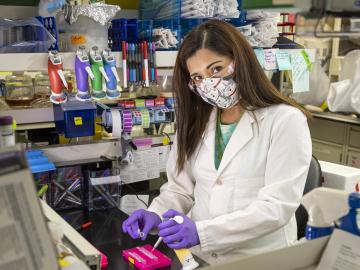
From soda bottles to car bumpers to piping, electronics, and packaging, plastics have become a ubiquitous part of our lives.
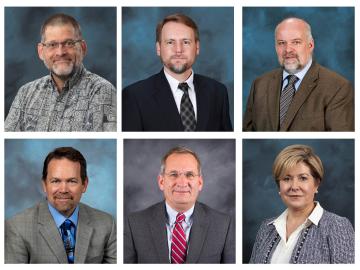
Six ORNL scientists have been elected as fellows to the American Association for the Advancement of Science, or AAAS.
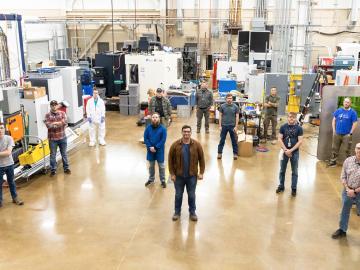
The University of Texas at San Antonio (UTSA) has formally launched the Cybersecurity Manufacturing Innovation Institute (CyManII), a $111 million public-private partnership.
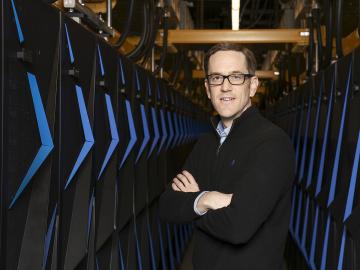
The annual Director's Awards recognized four individuals and teams including awards for leadership in quantum simulation development and application on high-performance computing platforms, and revolutionary advancements in the area of microbial
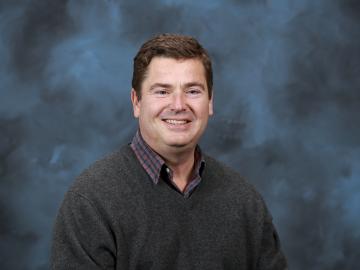
David Kropaczek, director of the Consortium for Advanced Simulation of Light Water Reactors, or CASL, at the Department of Energy’s Oak Ridge National Laboratory, has been named a fellow of the American Nuclear Society.


